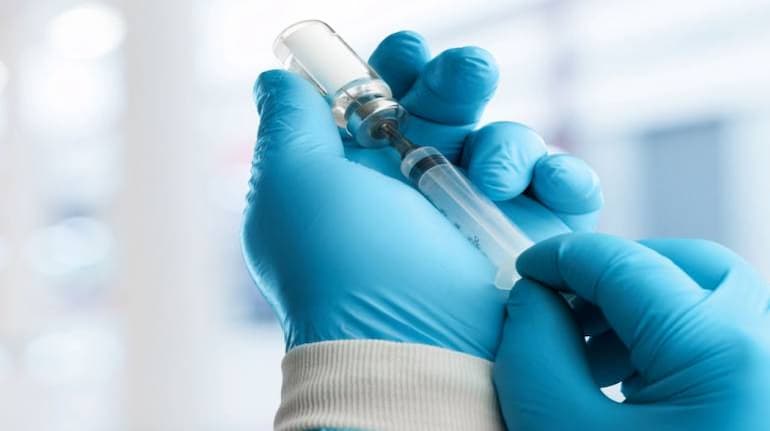



Fully vaccinated individuals accounted for 30 percent of Singapore’s total COVID-19 related deaths last year, Health Minister Ong Ye Kung said in Parliament on Monday.
The minister said that Singapore last year registered 802 deaths due to the coronavirus, out of which 247 were fully vaccinated people.
Most of the vaccinated individuals, who died from COVID-19 related complications, had received non-mRNA vaccines, according to crude incidence rates of deaths provided by Ong.
Ong provided the crude incidence rates based on type of vaccination: 11 deaths per 100,000 for those vaccinated with Sinovac, 7.8 per 100,000 for Sinopharm, 6.2 per 100,000 for Pfizer-BioNTech and 1 per 100,000 for Moderna.
"Be mindful, we are calculating this based on quite a small sample of 247 deaths These rates are only indicative since they do not account for other factors which can affect mortality such as the age and timing of vaccination,” Channel News Asia quoted Ong as saying in the House.
The remaining 555 people who died from COVID-19 last year were not fully vaccinated.
Although the unvaccinated represents a "small proportion" of Singapore’s population, those deaths accounted for 70 per cent of the total COVID-19 deaths last year, Ong said.
The Ministry of Health (MOH) has managed to vaccinate "well over 90 per cent" of every eligible age group over the past months, he said.
"We are especially happy to see that amongst seniors aged 60 to 69, and 70 and above, 96 per cent and 95 per cent have been fully vaccinated respectively,” the minister said.
As for those aged 12 to 19 years old, 95 per cent are fully vaccinated, said the minister, while response has been "good" and operations have been "smooth" for vaccinations among younger children aged five to 11.
"At this time, only the Pfizer-BioNTech/Comirnaty vaccine is authorised for use in ages below 18 years. We will continue to monitor closely the availability of other vaccines, including non-mRNA vaccines that are approved for use in children,” Ong assured the House.
Singapore’s booster programme is ”gathering pace”, with about 46 per cent of the population having received their boosters (third injection), said Ong.
"We have recently brought some 900,000 individuals aged 18 to 29 into the booster programme, of whom 700,000 are already eligible to receive their boosters today,” he said.
The MOH has also set a validity period for full vaccination status of 270 days, to send "a strong signal to our population”.
However, it is "still too early to tell" whether there is a need for further booster shots, he said.
Israel is the only country that has authorised a fourth dose for non-immunocompromised individuals.
Meanwhile, the current COVID-19 safe measures will only be tightened as a "last resort" when Singapore’s healthcare system is under heavy strain, Ong said.
"It is the (multi-ministry task force’s) hope that we can ride through the Omicron wave with the current safe management measures."
"If we have to tighten the restrictions, it will be as a last resort when our healthcare system is under severe pressure,” he said, in response to questions on whether stricter rules will be put in place.
Citing Singapore’s experience with the Delta wave last year, Ong said that even after it subsided, authorities had refrained from "being too jubilant" and over-relaxing restrictions.
"That would have been a mistake,” he said.
Discover the latest Business News, Sensex, and Nifty updates. Obtain Personal Finance insights, tax queries, and expert opinions on Moneycontrol or download the Moneycontrol App to stay updated!
Find the best of Al News in one place, specially curated for you every weekend.
Stay on top of the latest tech trends and biggest startup news.